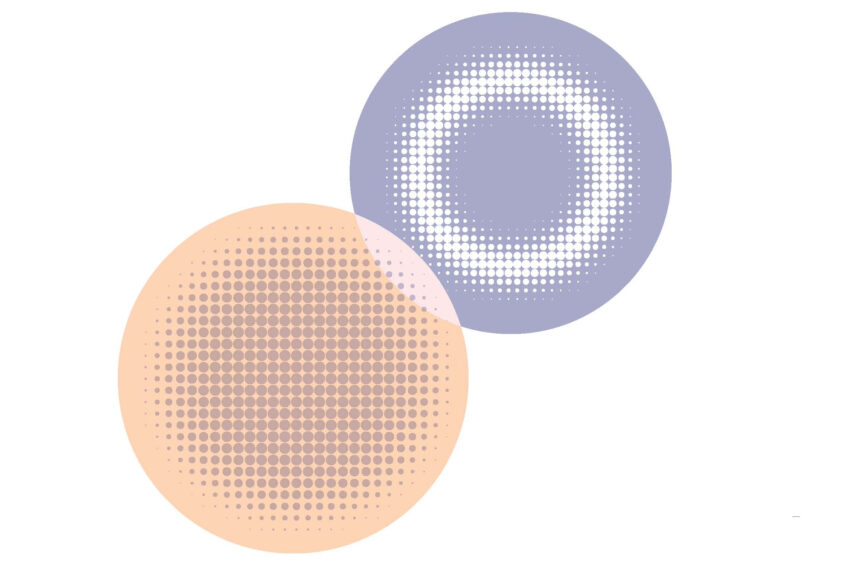Article begins
Slightly over a decade ago, my brother and I both found ourselves living in what has historically been the Black mecca of Harlem in New York City. We lived within walking distance of each other and would often attend church together on Sunday mornings. Worship services in the Black Baptist tradition often include a ritual during which attendees and members pause to greet one another. Our church at Convent Avenue in Harlem was no exception. Each Sunday, my brother and I would stand to hug each other before going on to hug, greet, and shake hands with other congregants. Amid the choir singing “Every Praise,” one would hear greetings such as “God Bless you brotha,” “Ma’am, you sure are looking sharp this morning,” or a simple “Good morning.” Almost without fail, someone would excitedly approach me and my brother during the ritual and exclaim, “Fraternal twins! Y’all are twins!” I loved that occurrence each Sunday because I took pride in being connected to my younger brother, and I always thought it would be neat to be twins. My sibling, however, was always quick to correct fellow worshippers by pointing out that I am much older than him.
While I wasn’t blessed with a biological twin, I later came to realize that my professional life does embody a form of twinship—I am both an anthropologist and a market researcher. I often use the metaphor of fraternal twins to describe the fields of anthropology and market research. While they each have matured utilizing similar methods in many cases, meaningful differences exist between the two disciplines, with the opportunity for each discipline to learn from the other. Like fraternal twins, anthropology and market research are uniquely different from each other while simultaneously closely connected.
Follow market research’s lead in more fully adopting technology in fieldwork, transcription, analysis, and dissemination of information.
Recognize similarities in the disciplines. Anthropology and market research have a great deal in common that may not be immediately apparent to practitioners of each. Both market researchers and anthropologists seek to understand what people do and why they do it. To acquire this understanding, researchers in both fields utilize a variety of methodological and analytical approaches to explore, dissect, examine, and explain their subjects of inquiry.
Take time to illuminate meaningful results. Market researchers would be wise to imitate anthropologists in realizing that there is value in slow and steady research, rather than always succumbing to the hurried rush toward finality of a study. Allowing for more time in conducting qualitative research may enable additional quality moments with consumers, engagement with a greater body of longitudinal work, the revisiting of a topic for important iterative phases, or delivery of more in-depth qualitative analysis. Each of these has the benefit of yielding richer observations.
Maintain research responsibility. Market researchers should take care not to abdicate our research responsibility to consumers. With the greater integration of technology—such as online activity boards and digital prework or homework assignments—in research processes, consumers, shoppers, and constituents are at times conducting their own fieldwork for market researchers. In some ways, they are essentially becoming their own interviewers, as respondents self-select what, when, how, and the extent to share.
Move beyond brand narcissism and industry obsessions. The inability of market researchers to let go of brand, category, and industry orientations in researching constituents actually hinders the pursuit of uncovering the potential roles of brands in the lives of constituents. By following the example of anthropology, which seeks to comprehend constituents and their experiences holistically, market research would be better positioned to achieve greater human-centricity and to harvest more depth in understanding of key audiences.

Embrace the advantages of technology. Many research participants and audiences for research results are accustomed to technology as a means of communication and as a partner in their everyday lives. If the work of anthropologists is to reach its potential to be timely, embraced, and acted on by a diverse audience, it should follow market research’s lead in more fully adopting technology in fieldwork, transcription, analysis, and dissemination of information.
Recognize the value of an “insider” perspective. While various anthropologists have asserted that “insider” or “native” anthropologists are unable to be objective or that their insight does not result in greater understanding, market researchers realize that neither of these positions are necessarily true or useful. Instead market research readily welcomes the added value of one’s degrees of insider-ness during research processes. In fact, the discipline consistently employs the alignment of degrees of insider-ness as best practice in qualitative research. Great effort is given to ensure synergy in background, gender, or phenotype depending on the area of study. This diligence in market research encourages candor and openness on the part of the research subject in interacting with the lead researcher.
Manage the message for impact. Anthropologists would gain from emulating the skill exhibited by market researchers to effectively tailor communications for a wide range of diverse audiences. Market researchers develop a well-honed ability to convey the results of their research not only to fellow researchers, but also to stakeholders outside of their discipline and to the general public. They understand the need for focus, simplicity, and dynamism in communicating across audiences to achieve impact and traction for one’s important research.
Of course, I’ve only shared here a few of the ways in which the fraternal twins of anthropology and market research may strengthen one another. I would like to think that if the two disciplines I love so dearly were to experience the Black Baptist ritual of welcoming one another, the two fields would eagerly greet one another, compliment each other, and acknowledge their linkages when fellow congregants exclaim, “Fraternal twins! Y’all are twins!”

